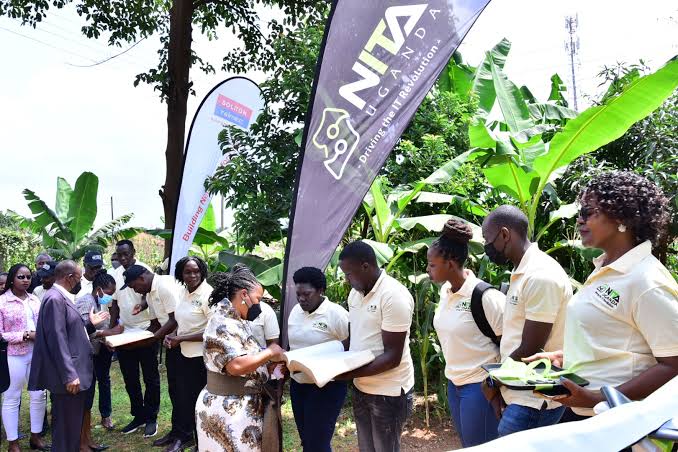Infighting at NITA-U Delays Crucial World Bank-Funded Project

A $200 million project aimed at transforming Uganda’s digital infrastructure is facing significant delays due to allegations of corruption and internal conflict within the National Information Technology Authority-Uganda (NITA-U).
The Uganda Digital Acceleration Project – Government Network (UDAP-GovNet), funded by the World Bank, was set to expand connectivity and enhance e-Government services across the country. However, these ambitious plans are now at risk.
The project, which became effective in February 2023, had earmarked critical interventions including the purchase of extra internet bandwidth, the expansion of the National Backbone Infrastructure (NBI), and the enhancement of Data Centre Capacity. Despite the urgency and the allocation of funds, these initiatives have yet to commence.
Sources reveal that internal disputes and corruption at NITA-U are the primary causes of the delays. Allegations point to board members and officials at NITA-U, reportedly influenced by top politicians, demanding kick-backs and manipulating project terms.
One board member, allegedly a relative of a prominent politician from Greater Bushenyi, and a finance official from Alebtong district, are said to be central figures in this scandal.
The situation is further complicated by issues surrounding the NBI Phase 5. President Museveni had previously directed that a leading Chinese firm, which had completed the first four phases, be contracted for the fifth phase using financing from the Chinese EXIM Bank. Despite this directive, contract negotiations have stalled due to alleged demands for a 10% kick-back from NITA-U officials, causing further project delays.
Efforts to contact NITA-U officials for comments were unsuccessful as their known contacts were unreachable. The standoff within NITA-U, coupled with resistance to a proposed merger as part of a government rationalization program, has exacerbated the crisis. Technocrats at the Ministry of ICT and NITA-U are at odds, with both sides reportedly eyeing control over the lucrative World Bank project.
This turmoil threatens to undermine Uganda’s digital transformation agenda and delay the delivery of crucial e-Government services to remote areas, including sub-counties, parishes, schools, hospitals, and health centers.




